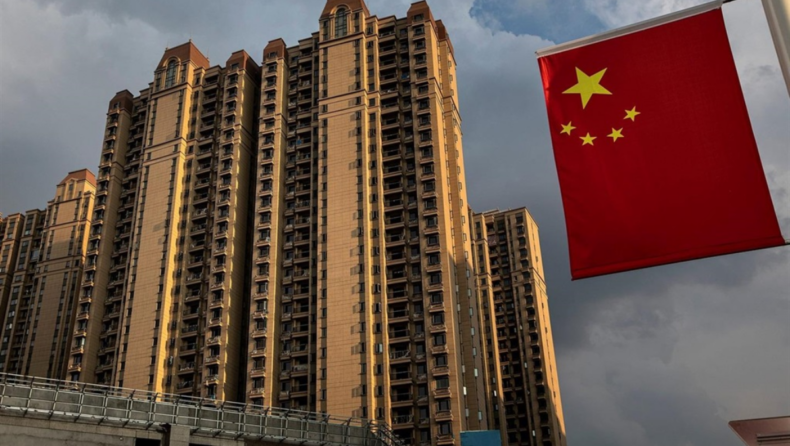The Chinese economy is slowing down. Experts suggest that the time of extensive economical growth is over for China. As it’s on the brink of losing the source of ⅓ of the Chinese economy – property and real estate business. Amidst the multiple measures taken by the Chinese government, people are continuing with their chants – “Construction stops, mortgage stops. Deliver homes and get repaid!”
Housing Crisis is not an unfamiliar term for us. The moment we say housing crisis, it brings back memories of the 2007 housing market crash. That led to a domino effect on the economy leading to mass liquidation of assets and Unemployment.
But the Chinese crisis is a bit different. People who are boycotting mortgages are not defaulters because they can’t pay.
In fact, they can pay. But what is the point of paying the mortgage for a house which has been abandoned by the builder? That is what the Chinese people are going through.
Why is this happening in China in the first place?
Experts suggest that this crisis is government-inflicted. Beijing’s zero-Covid policy is might be great for people but it’s destructive for businesses.
While other countries kept construction projects open, Chinese businesses were forced to halt production and construction during the lockdown.
Due to the repeated lockdowns and restrictions, many property developers had to abandon the construction.
The Chinese property market relies on the liquid cash of the consumers that they pay before owning the property. This cash is then used by the developers to pay the debts and carry on the transaction.
But since many consumers are boycotting the initial payment and mortgage, it has created a domino effect in the economy affecting the banking system and supply chains and creating a cash crunch in the economy.
How are people affected?
Looking at the current situation, it seems like the public has lost trust in the financial system of the country. Due to the lack of liquid assets, many people are living in unfinished, unfurnished houses and apartments for which they paid mortgages.
In a BBC interview, many people said that “they invested all their savings in these properties and since the property developer has withdrawn from the project, now they are essentially homeless and have nowhere else to live but here”.
Many people across China are affected due to the sudden collapse of the economy and are now skeptical about savings and any further investments.
The Government Response
The government has put this load to be handled by local governments who are offering reduced deposits, tax rebates and subsidies to the consumer and relief funds for the developers.
But experts are skeptical of this move since the property crisis has created a disbalance in society. Hence most consumers might not be willing to invest any further in such properties.
Similarly, property developers may feel underconfident to invest any further in any project and buy less land, leading to a catastrophic domino effect in an already destabilized economy.
Experts also suggest that while the involvement of the central government might boost the economy in a short term and the central government has issued a $145bn package for the developers to finish the halted projects but it might not be enough since the current valuation of the halted projects amounts to $444bn.
Hence for developers, it is easier to abandon the project rather than reinvest and finish the construction, a deal that might cost them heavy losses.
Read More:- Rising tension between China and Taiwan. – Asiana Times












